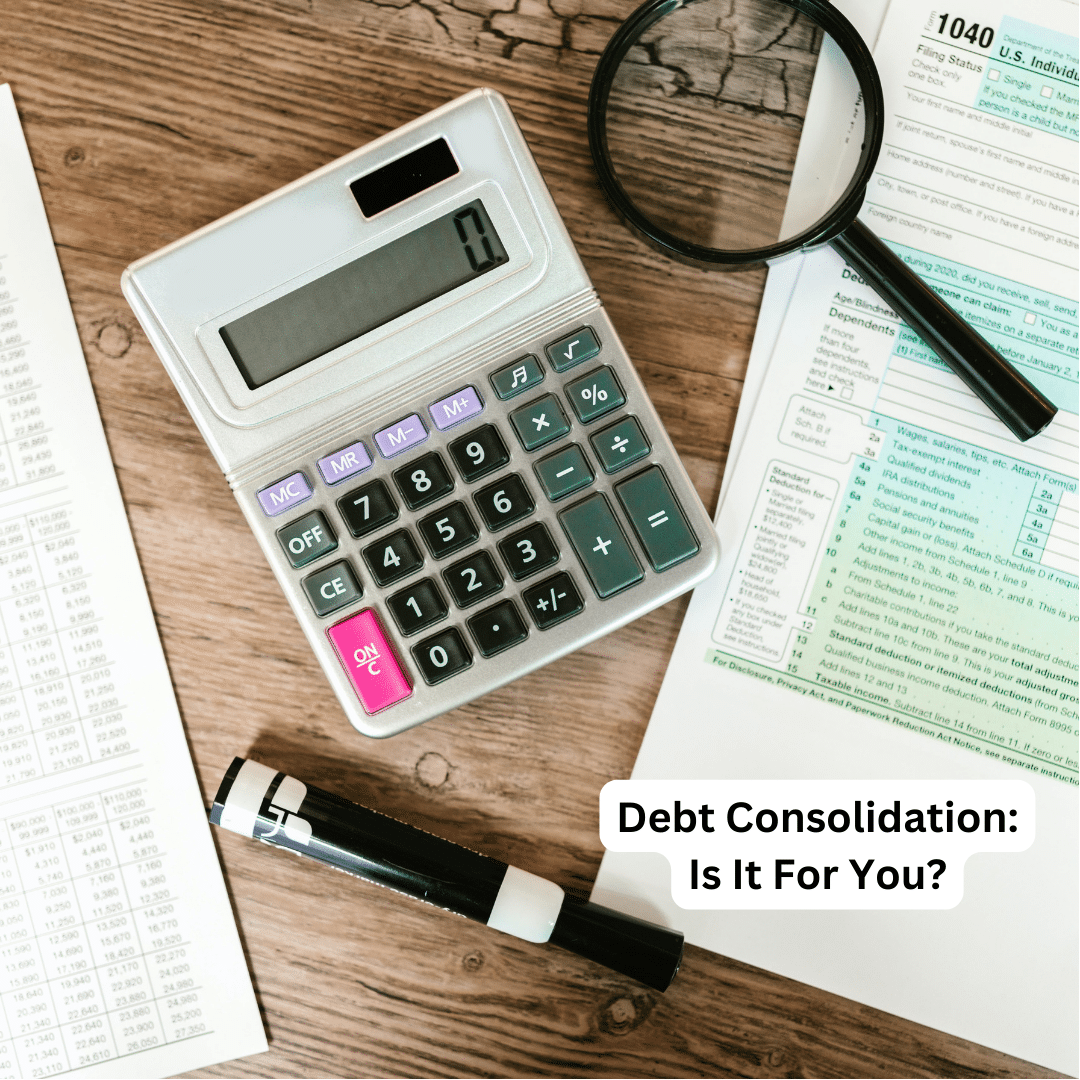
Debt consolidation is a financial strategy that involves combining multiple debts into a single loan or credit account. This process is typically undertaken to simplify one’s financial situation, reduce the overall interest rate, and make monthly payments more affordable. Instead of juggling various creditors and multiple due dates, individuals or businesses consolidate their debts into one larger loan, often secured by collateral such as a home or vehicle, or through an unsecured personal loan. Although debt consolidation can be a helpful strategy, it is best to know the drawbacks and explore alternative options.
What are the drawbacks of debt consolidation?
While debt consolidation can offer several benefits, it also comes with potential drawbacks that individuals should carefully consider before pursuing this financial strategy:
- Temptation to Accumulate More Debt: After consolidating their existing debts, some people may be tempted to use their newly available credit lines to accumulate more debt. This can result in a worsening financial situation if spending habits are not disciplined.
- Extended Repayment Period: Consolidating debts often involves extending the repayment period, which may lead to paying more interest over the long term, even if the interest rate is lower. This can make debt consolidation more expensive in the end.
- Risk to Collateral: If you use collateral, such as your home, to secure a consolidation loan, you are putting that asset at risk. If you fail to make payments, you could potentially lose your home or other valuable assets.
- Fees and Costs: Debt consolidation loans or programs may come with fees and costs, such as origination fees, closing costs, or balance transfer fees. These additional expenses can add to the overall cost of consolidation.
- Impact on Credit Score: Opening a new credit account or taking out a consolidation loan can temporarily lower your credit score. However, if you manage your finances well and make timely payments, your credit score may improve over time.
- Limited Financial Relief: Debt consolidation may not be suitable for everyone, especially those with severe financial difficulties. It may provide temporary relief, but if the underlying financial issues are not addressed, the cycle of debt could continue.
- Interest Rate Increases: Some consolidation loans offer introductory low interest rates that can increase significantly after a specific period. Borrowers need to be aware of potential interest rate hikes and their impact on monthly payments.
- Risk of Scams: Be cautious when exploring debt consolidation options, as there are fraudulent companies and scams that prey on individuals in financial distress. It’s essential to research and choose a reputable lender or credit counseling agency.
- Not a Solution for All Debts: Debt consolidation is more suitable for unsecured debts like credit card debt or personal loans. It may not be an effective solution for certain types of debts, such as tax debts or student loans, which have specific repayment options and programs.
Explore the Alternative
Debt settlement can be considered a preferable option to debt consolidation due to its potential to offer substantial debt reduction and a quicker path to becoming debt-free. In a debt settlement program, a professional negotiates with creditors on your behalf to lower the total amount of debt you owe. This can result in significant savings and a faster resolution compared to debt consolidation, which often involves repaying the full principal amount over an extended period. Debt settlement can be particularly beneficial for individuals facing severe financial hardship or those with overwhelming debt burdens, offering a chance to settle debts for less than the original balances and achieve debt relief sooner.
Resolve your debt issue with CuraDebt
CuraDebt has been helping individuals and small businesses for over 22 years nationwide. As of May 2023 CuraDebt received a score of 5 out of 5 on CustomerLobby for a total of 1179 customer views. CuraDebt is an Accredited Member of the American Fair Credit Council. Contact us for a free consultation. 1-877-850-3328.

